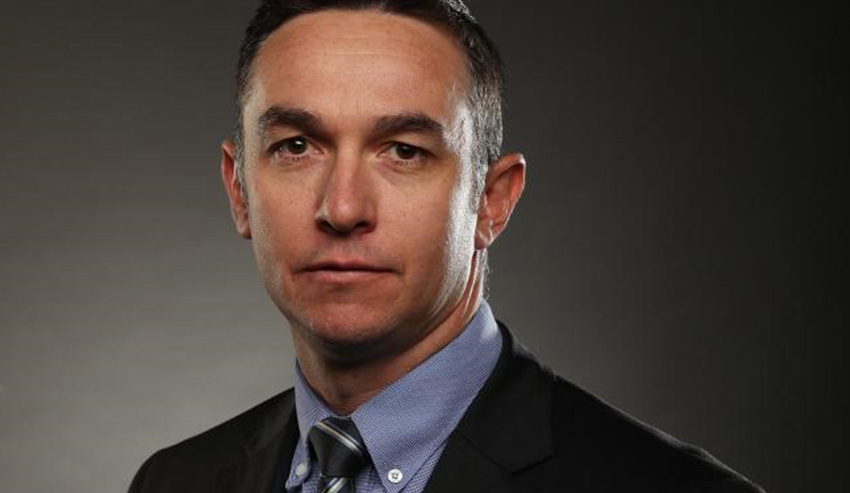From Service Record to Civilian Resume: Resume Writing Tips for Veterans

Looking for a new job is challenging for most of us. For ADF members transitioning to a civilian lifestyle and career can be a steep learning curve, and often the first step is the hardest. So how do you get things started? Well, the trick to a successful Defence transition isn’t so much working out what to do when you get out, as much as communicating what you CAN do.
How do you turn your service record into something that a civilian hiring manager or recruiter not just understands, but values?
How do you make your ADF background relevant to the civilian employment market?
Here are some essential tips to guide you through the process:
1. Identify Your Target
Before you start writing your resume, take the time to clarify your career goals. Research different industries and roles to identify the path that aligns with your skills and aspirations. Check out my previous blogs for some tips on digging deep and working out what kind of role you want to pursue.
2. Identify and Highlight Transferable Skills
If you’re sitting down to write a resume, then you need to create a document that shows how the skills picked up during your military career can add value to a civilian job, and put a firm emphasis on how the supporting skills you have will allow you to make a smooth transition into the organisation. A lot of people stall out at this point, so taking time to remember what you did on a daily basis, and make a list of the key skills you used regularly is the perfect next step.
See below for some examples:
- Logistics Management
- Problem Solving
- Planning exercises, events, or meetings
- Performing Risk Assessments
- Combat Communications
- Administration or Records Management
- Training and/or mentoring junior personnel
- Managing Resources – personnel, equipment, finances
- Team Leadership
- Briefing Senior Officers
- Working with other teams
It’s important to note – what you will create here is not a list of dot points suitable to insert straight into the resume. It’s a list of skills that you can keep coming back to as a touchstone or prompt, as you create the resume content. You can weave these words into your value proposition, your key skills and expertise section, and use them as stepping of points to create content for your career history dot points.
If you’re unsure what a value proposition is, or want some help crafting one – check out this free downloadable resource over on the Elite website. If you want some tips on taking this initial list a bit further, and building them into more comprehensive dot points for the career history, check out this blog on our website that will help you do just that!
3. Highlight desirable training and qualifications
Military training in Australia is some of the finest in the world, and members are given qualifications and training in a wide range of fields – many of which translate very well to the civilian market. For example – occupational health and safety training, leadership development, equal employment opportunity, equity and diversity and quality assurance training.
A word of warning though – don’t just copy and paste the entire list of every course, refresher or program you did. Keep this list succinct and relevant to their potential applications in civilian roles.
4. Showcase Your Achievements
It’s a drum we beat often – for a reason! Please don’t just list your job responsibilities; showcase your achievements and the impact you’ve made.
Use quantifiable metrics whenever possible to demonstrate the results of your efforts. Whether it’s improving efficiency, increasing productivity, or leading successful projects, let your accomplishments speak for themselves.
Even when working with sensitive information, there are ways to articulate the impact of your work. Your PAR documentation will give you an overview of what could be considered key achievements.
5. Avoid the Acronyms
Most of the hiring managers or recruiters you come up against aren’t going to have any reference as to what a Flight Lieutenant is. If you were to call yourself a black hander or a sig, chances are you’ll get a confused squint across the table.
This doesn’t just go for job titles; it also goes for tasks. For example, you didn’t ‘train snipers’, you delivered specialist training to small groups on a range of topics, including undertaking strategic operations and the operation of specialist weaponry in adherence with course requirements and health and safety policies. You didn’t ‘update PMKeys’, you used both standard and specialised IT applications to enter and extract data, run reports and store and retrieve documents.
Describe your job titles, duties, achievements and training in a way that can be understood.
If there’s an acronym – spell it out.
Make. It. Easy
If in doubt, show your resume to a friend or family member with no Defence knowledge, and ask them to point out anything they don’t understand. Then go one step further, and ask them to tell you what you do on a day to day basis.
Crafting a civilian resume after leaving the Australian Defence Force is a significant step in your career transition journey. By following these tips and leveraging your unique experiences and skills, you can create a compelling resume that effectively communicates your value to potential employers.
Many employers realise the value of employing former ADF members. By partnering with an organisation like Ironside Resources to seek specific employment opportunities, or The Elite Collective to ensure your resume shows you in the best possible light, you’re already making it easier for a civilian employer to understand why YOU SPECIFICALLY are a valuable asset.
Need further help with writing a resume for your transition? The Elite Collective have been writing resumes and supporting clients Australia-wide since 2016, and have an exceptional reputation for delivering privately funded support to members seeking that little bit EXTRA as they transition.
Whether you’re a digger in Darwin, a Senior Officer in Canberra, or an Australian Defence Partner based in Townsville, Elite will unpack your professional story and help you approach your job search with CONFIDENCE.
Reach out to us here to start your next conversation!

 Ironside Resources
Ironside Resources Ironside Resources
Ironside Resources Ironside Resources
Ironside Resources Ironside Resources
Ironside Resources Ironside Resources
Ironside Resources Ironside Resources
Ironside Resources
